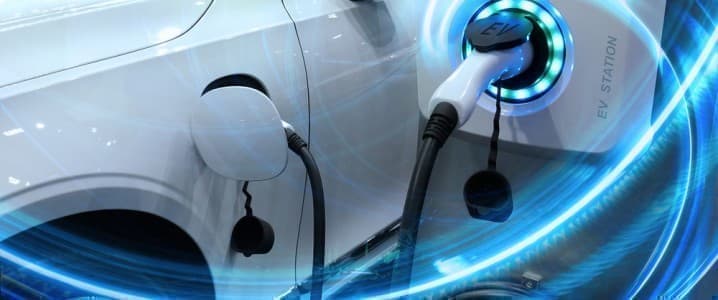Three years ago, Europe—one of the world's largest EV markets—was entirely dependent on battery imports for its electric vehicle industry. Now, Europe is in a rush to reduce this dependence with the help of local production capacity. Earlier this year, the EU said there were plans for several gigafactories that would produce some 7 to 8 million EV batteries annually. This would be more than the union's planned production. According to the European Commission's vice president Maros Sefcovic, EU carmakers would be entirely covered by local battery production by 2025.
Sefcovic may have spoken a little too soon, but EV battery news reports are pouring in these days. Volvo and Swedish battery builder Northvolt recently said they'd struck a deal to build a 50:50 battery factory in Europe by 2026. Between 2024 and 2026, the Sweden-based carmaker would use batteries produced by Northvolt at its existing factory, to the tune of 14 GWh annually. The new factory's capacity will be much higher, though, at 50GWh annually. Volvo plans to only be producing electric cars by 2030, so it would make sense to secure battery supply early on.
Renault, meanwhile, which also has ambitious EV goals, said yesterday it had inked a deal with a Chinese company, Envision, to build a battery factory in France. The facility will initially have a capacity of just 9 GWh annually when completed in 2024, but this will be expanded to 24 GWh by 2030.
Meanwhile, the French carmaker is also working on another battery front: it signed a preliminary deal with battery startup Verkor to jointly develop batteries for Renault's future electric models.
Outside the EU, Nissan announced an expansion of its EV production facility in the UK to produce more EV batteries from 2024. According to reports citing insiders, the expansion may bring the plant's capacity to that of Renault's new battery factory in France.
Northvolt earlier this month raised some $2.75 billion in a funding round that featured investors including Volkswagen and Goldman Sachs. The battery maker is now worth about $11.75 billion reportedly. It also says it has inked deals worth $27 billion with carmakers, including Volkswagen and BMW.
The European EV battery market is ripe for the picking. Thanks to ambitious EU net-zero goals, carmakers are in a rush to increase their production of electric vehicles or face penalties for the emissions footprint of their cars. Some have already pledged all-electric production within less than two decades. This means a lot of batteries.
Related: U.S. Shale Producers Stick To Output Discipline
According to the EC's Sefcovic, Europe is set to become the world's second-largest battery maker, with only China ahead of it. To this end, the EU will spend some $24 billion on funding battery production capacity construction across 12 member states, including the supply of battery minerals. There are, however, problems.
By far the biggest among these is the supply chain crunch that has been plaguing a lot of industries globally. MarketWatch cited UBS in a recent report on the topic as saying that the supply of batteries amid growing demand for EVs will lead to "regional tightness this year and global shortages by 2025."
And that's not all, because according to the Swiss bank, carmakers will need 70 percent more batteries than previously forecast if they are to meet EV targets such as a 20-percent share of sales by 2025 and 50 percent in 2030, MarketWatch also reports.
Meanwhile, however, the EU is preparing tighter environmental standards for EV batteries, which means they will become more expensive at a time when carmakers are looking for ways to make them cheaper. This will likely mean a greater subsidy burden on governments, meaning a greater tax burden on potential EV buyers. The EV equation is by no means a simple one.
By Irina Slav for Oilprice.com
More Top Reads From Oilprice.com:
- How Much Oil Can Saudi Arabia Really Produce?
- Reuters: U.S. Agrees To Lift Iran Oil Sanctions
- Can The Middle East Survive Without Oil?


















